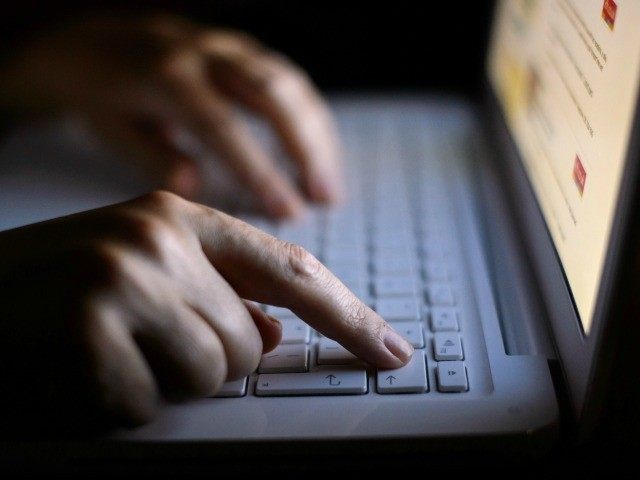The Turkish government has announced plans to expand Internet access to the nation’s poorest families. The announcement follows a blanket ban on more than 68,000 websites and years of attempts at Internet censorship under the ruling AK Party, led by President Recep Tayyip Erdogan.
Turkey’s Hurriyet Daily News reports that the new Ministry of Development’s program is aimed at families with school-aged children who may not be able to afford Internet access. The government aims to provide free access to the Internet for these families, as well as “make it compulsory for new buildings to be Internet ready.” The announcement notes, however, that only certain websites deemed “useful” for students and adults will be free, and that “usage quotas will apply for browsing the rest of the web.”
The Agence France-Presse adds that the announcement, through the state medium, the Anatolia News Agency, indicated that access to websites not on the approved list will have to be paid for in “quotas,” though the government provided no specifics.
It is not yet known which websites will be approved for free perusal, particularly given the Turkish government’s prior attempts to ban websites like YouTube and Twitter, sites which could contain pivotal information for a student researcher.
A large percentage of Turkish households–42.8%–do not yet have access to the Internet, according to a 2014 poll cited in Hurriyet. The move to expand abridged Internet access follows a wave of international criticism in response to the Turkish government’s decree to ban 68,000 websites for being “blasphemous,” including the website of French satirical magazine Charlie Hebdo and the official page of Turkey’s first assembled atheist organization.
Erdogan’s government has moved with particular swiftness not only in banning websites unfavorable to the government’s purposes, but in persecuting those who use the Internet to object to the President in any way. In January, a Turkish professor was forced to resign after mocking the Ottoman garb of one of 16 soldiers escorting Erdogan to a meeting with Palestinian leader Mahmoud Abbas. A former Miss Turkey was arrested that same month for posting a joke at Erdogan’s expense on Instagram. This week, a cleaning company lost a major government contract because it refused to fire a cleaning lady who posted anti-AKP political opinions on Facebook.
The Turkish government’s control of media is not limited to the Internet. Also announced this week is the government’s intentions to ban the video game Minecraft, in which players navigate rudimentary landscapes for natural resources, for what government officials describe as overt violence. (The game is rated E, for ages ten and older, in the United States.) Turkish military schools have also banned watching the television series Game of Thrones for its violence and sexual content.

COMMENTS
Please let us know if you're having issues with commenting.